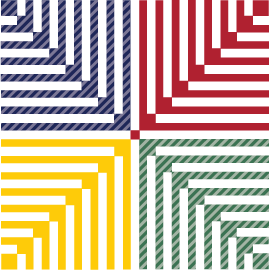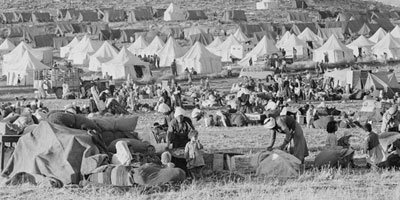

images of Palestinian refugees as well as political events and public and political figures. In tandem with this, UNRWA launched a new web site with 1,948 of the images available to the public online. UNRWA also developed a series of short videos to highlight the work and its significance. Check out some of UNRWA’s archival materials and here. British Pathé The , a British news and entertainment video film archive that has captured historic footage since the invention of the moving image in the 1890s, announced last month that it has made its 85,000 archived newsreels publicly searchable and viewable on YouTube. This equates to 3,500 hours of filmed history that anyone with a laptop and a wireless internet connection can access. Start watching here. British Library Endangered Archives Program (EAP) As recently reported by the , Qasem Abu Harb of the British Council for Research in the Levant has been awarded three grants to begin digitizing invaluable historic documents held at the al-Aqsa Mosque and at the thus preserving and protecting a rich repository of documents attesting to centuries of Palestinian history. In particular, the al-Aqsa Mosque’s periodicals collection covers vital developments in Palestine in the early 20th century. Read the digitized versions online here and The tragic history that is told through these primary sources has yet to be fully exhumed and understood. We hope that the new availability of such assets will inspire filmmakers to help bring it alive anew. By Kate Rouhana {Image via} If you are aware of other historic resources now being digitized and made publicly available, please email us at info@bostonpalestinefilmfest.org.


